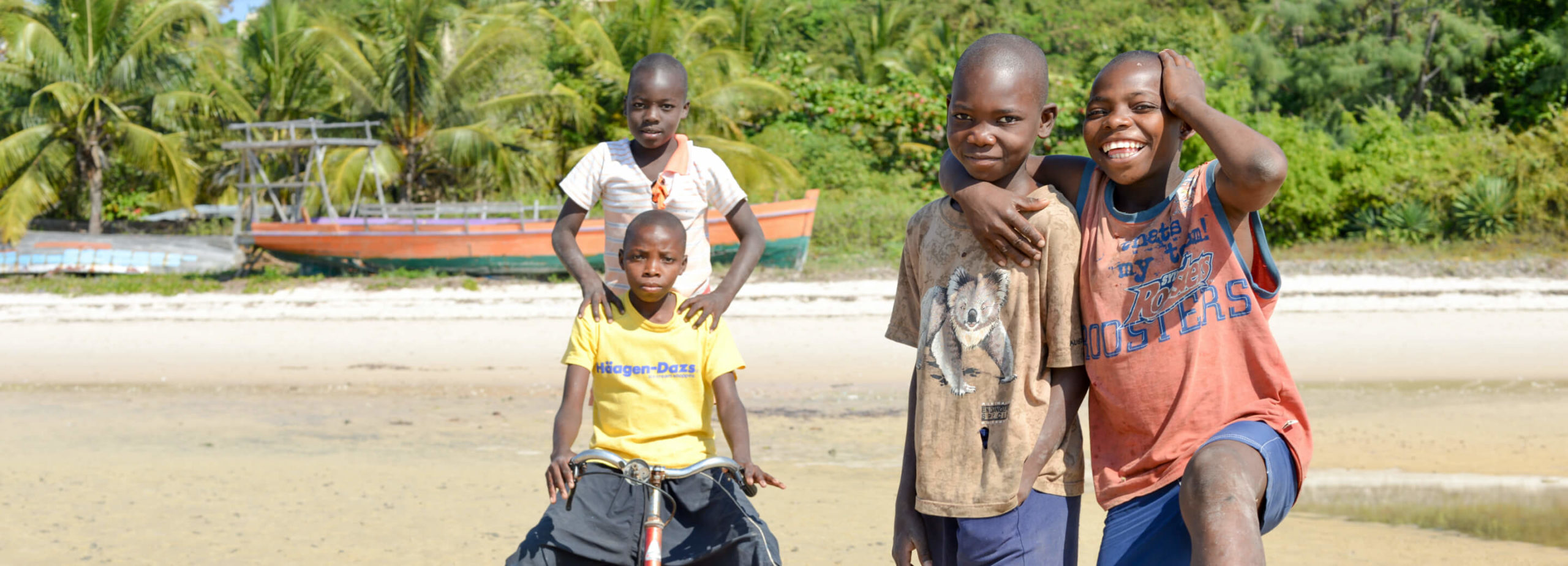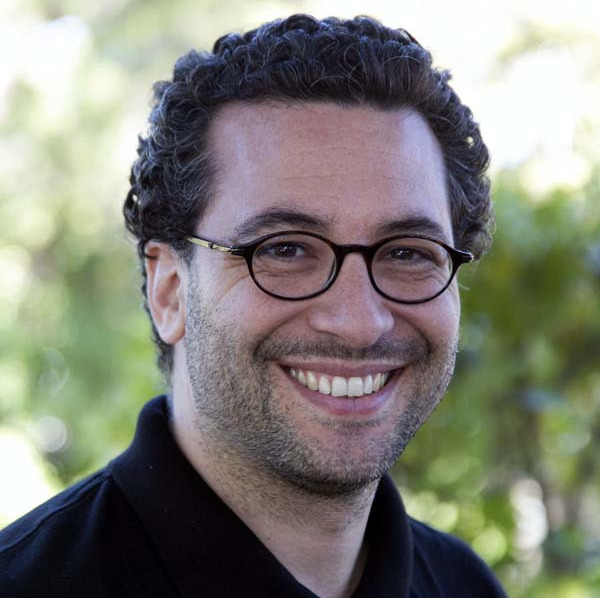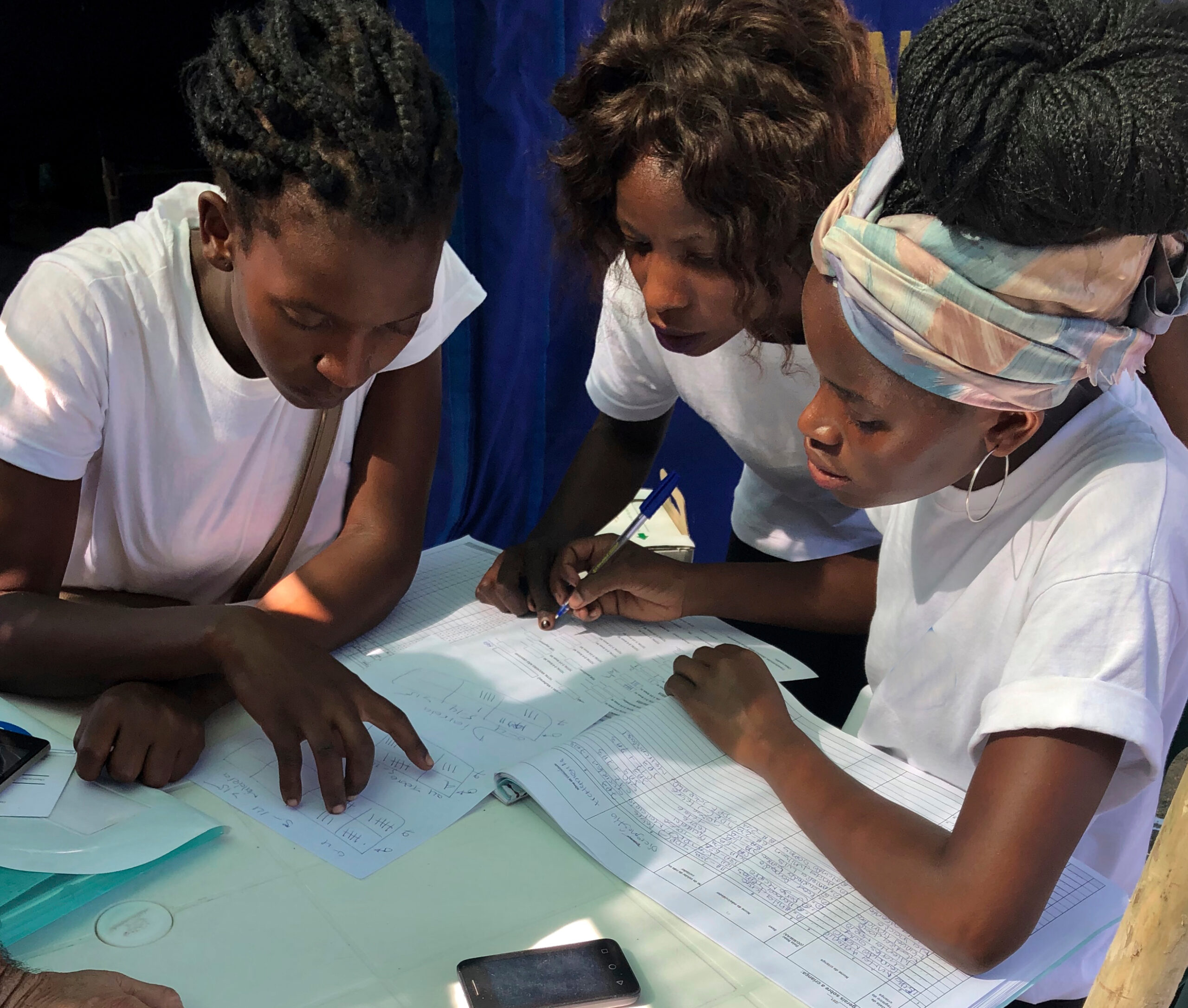
Dr. Inacio Mandomando
Research Scientist & Coordinator of Diarrheal Disease Research Area, Manhica Health Center, CHAMPS Mozambique, Site Director

Dr. Inacio Mandomando
Research Scientist & Coordinator of Diarrheal Disease Research Area, Manhica Health Center, CHAMPS Mozambique
Dr. Mandomando is the Senior Researcher & Coordinator of Diarrheal Disease Research Area and Laboratory Advisor in the Manhiça Health Research Center (CISM) in Mozambique. Dr. Mandomando completed his undergraduate studies in 1999 in Veterinary Medicine at Eduardo Mondlane University in Mozambique. Shortly after graduating, he joined CISM in 2000. He completed his Ph.D. in Biomedical Sciences (Microbiology) in 2009 at University of Barcelona, Spain. Between 2002 and 2008, he served as Head of Laboratory at CISM and helped to establish the Biochemistry & Haematology, Immunology, Molecular Biology and Tuberculosis biosafety III laboratories. He also contributed to the establishment of a Quality Assurance System and certification of CISM’s laboratories for ISO 9001:2008.
Dr. Mandomando has worked at CISM for 19 years now, and his primary area of activities included leading the Epidemiological Studies on Measles, Salmonella, and Shigella (2001 – 2004) in the rural area of Manhiça, Mozambique. Dr. Mandomando has led a variety of applied research on infectious diseases with a focus on diarrheal disease burden and risk factor studies including the Global Enteric Multicenter Study (GEMS) between 2007 and 2012, rotavirus vaccine impact evaluation (since 2015 to date) in Mozambique.
He has been extensively working on molecular characterization of enteric pathogens; and between 2010 and 2012, he devoted his research on bacterial pathogenesis by studying the structure-function of aggregative adherence fimbriae type II (AAF/II) of enteroaggregative Escherichia coli by cloning and performing site-directed mutagenesis of aafA gene and recombining the mutants in native background and score the clones for different phenotypes, at Center for Vaccine Development (CVD) University of Maryland School of Medicine, Baltimore, MD & University of Virginia School of Medicine, Charlottesville, VA, USA, under same mentorship.
Since 2013, Dr. Mandomando has been contributing in the validation of Minimally Invasive Autopsy (MIA) and currently oversees the CHAMPS site in Manhiça, Mozambique and MITS component for Countrywide Mortality Surveillance for Action (COMSA) in Quelimane, Mozambique. From 2013 to 2016, he worked as Deputy Director for Science at CISM and helped to establish the Scientific Directorate at CISM.









